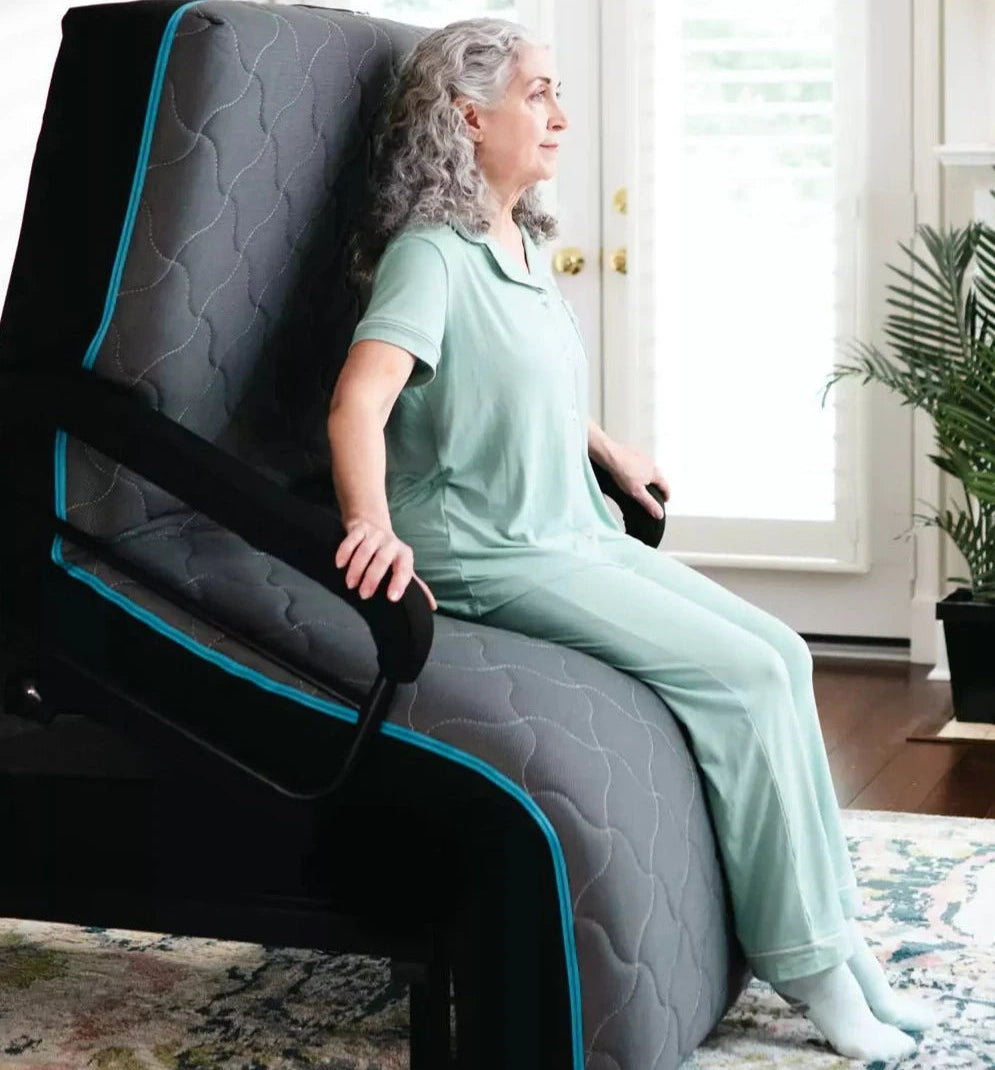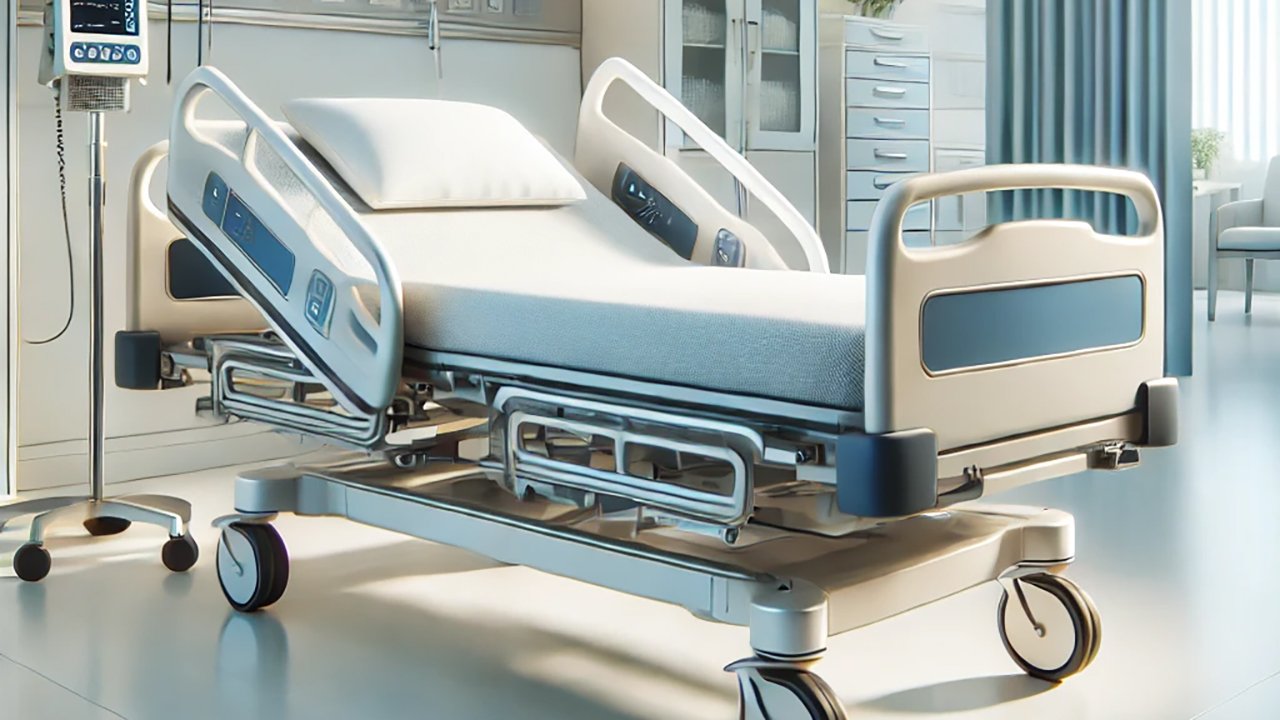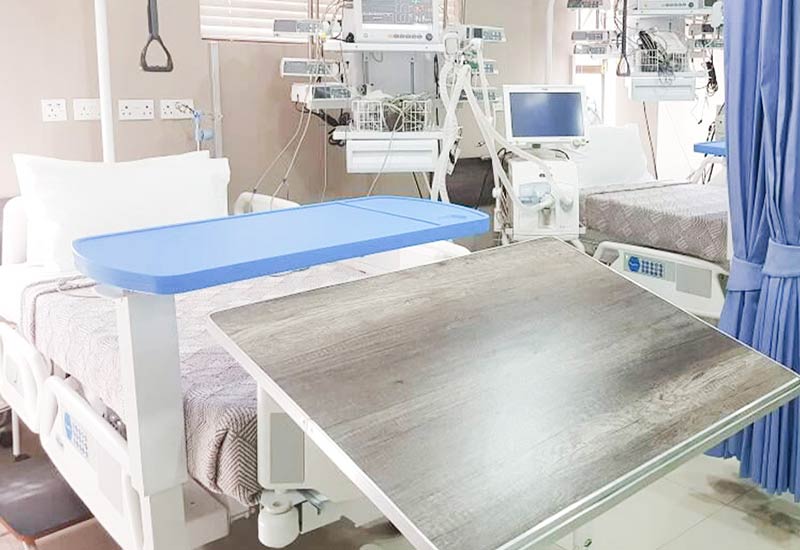The smart Trick of Hospital Beds For Home Use That Nobody is Talking About
Table of ContentsSome Known Incorrect Statements About Hospital Beds For Home Use The smart Trick of Hospital Beds For Home Use That Nobody is Talking AboutThe Of Hospital Beds For Home UseThe Only Guide to Hospital Beds For Home UseThe Single Strategy To Use For Hospital Beds For Home UseHospital Beds For Home Use Can Be Fun For Everyone3 Easy Facts About Hospital Beds For Home Use Explained
There are three primary kinds of hospital beds: handbook, semi-electric, and fully-electric. These beds make use of hand cranks to adjust the bed's height and increase and decrease the head and the foot.
Semi-electric beds have an electrical motor to raise and lower the head and foot parts of the bed. Individuals and caretakers readjust the placing by pushing switches using a hand pendant. The height of the bed is adjusted by hand with a hand crank. Full-electric beds have an electrical motor that can elevate the head and foot areas of the bed along with the entire elevation and positioning of the bed.
Some Known Details About Hospital Beds For Home Use
There are several types of healthcare facility beds, each created to fulfill particular client demands. Below are some common kinds: This is the most common type of hospital bed, made for general clinical use.
Lower to the ground than a standard bed. This kind of bed is designed for larger individuals, with a broader framework and greater weight capability than a conventional bed.
This kind of bed is made for seriously ill clients that require open surveillance and specialized clinical tools such as ventilators and mixture pumps. This kind of bed is made for use throughout labor and distribution, with adjustable positions and attributes to support the mom and infant during the birth process.
The Definitive Guide to Hospital Beds For Home Use
Several feature and the accessories execute expanding grip to different parts of the vertebra and the extremities without relocating the body. These are just a few examples of the kinds of medical facility beds available. The details kind of bed utilized will certainly depend upon the person's condition, clinical requirements, and various other variables.
Right here is the important things you need to recognize. A one-function medical facility bed is a clinical bed that permits a patient to move just the head or foot section up or down. A 2 function medical facility bed commonly refers to a kind of clinical bed that has two flexible functions to aid clients in hospitals or care centers.

The 45-Second Trick For Hospital Beds For Home Use
A 7-function ICU bed is a sort of clinical bed that provides numerous flexible features to sustain critically sick patients in a critical care unit (ICU) (hospital beds for home use). The 7 features generally consist of: Backrest modification: The backrest can be readjusted to numerous angles to aid the client rest up or relax comfortably
Elevation adjustment: The bed can be increased or reduced to make it much easier for individuals to enter and out of bed, and for caretakers to give care. Trendelenburg position: The entire bed can be tilted to promote blood flow and flow in the body. Reverse Trendelenburg setting: The bed can likewise be tilted in the contrary instructions to advertise blood circulation and blood circulation in the upper body.
1. What Size is a Health Center Bed? 2. How Much Does a Medical Facility Bed Cost? 3. Why Do Hospital Beds Have Side Bed Rails? 4. What Are The Main Healthcare Facility Bed Parts?. While even more cost effective than electrical models, these beds call for physical effort for modifications. The major benefits of manual beds are their affordability and dependability, as they don't depend on electrical power. The requirement for manual initiative can be a constraint in situations where quick changes are essential or where caretakers deal with physical challenges.
The smart Trick of Hospital Beds For Home Use That Nobody is Discussing
Semi-electric health center beds offer a balance of handbook and electrical controls. These beds supply an excellent center ground in between guidebook and totally electrical alternatives, offering ease of usage without the complete expense of electrical designs.
Semi-electric beds are well-suited for individuals who need modest modifications to the head and foot sections but can manage without regular elevation modifications. This makes them an economical remedy for those looking for convenience and benefit without the need for constant repositioning. Totally electrical health center beds include electric controls for seamless adjustments to the height, head, and foot areas.
Specialized medical facility beds, such as Find Out More ICU beds, long-term care beds, and bariatric beds, are carefully designed to resolve details clinical needs. These beds offer customized look after diverse person teams, enhancing both results and convenience. In the complying with sections, we will explore the major kinds of specialty medical facility beds, detailing their certain benefits and applications.
With years of experience in making electrical direct actuators - hospital beds for home use and close collaboration with the health care sector, TiMOTION is well-positioned to give trustworthy healthcare solutions. Our up and down incorporated business takes care of every action of the manufacturing procedure, from style to actuator setting up, ensuring we deliver exceptional worth and customized options customized to your certain needs
Some Known Factual Statements About Hospital Beds For Home Use

For more information concerning integrating these modern technologies straight from the source into your products, call us today. Further analysis:.
Information is sourced from the Medicare Price Report.

10 Simple Techniques For Hospital Beds For Home Use
A health center bed is a bed designed specifically for medical objectives. It is not just a place for clients to rest, yet likewise a system for clinical operations. Unlike regular home beds, health center beds generally have flexible features, which can facilitate clinical team to make numerous modifications according to the needs of patients, such as changing the elevation, inclination, and assistance angle of the back and legs of the bed.